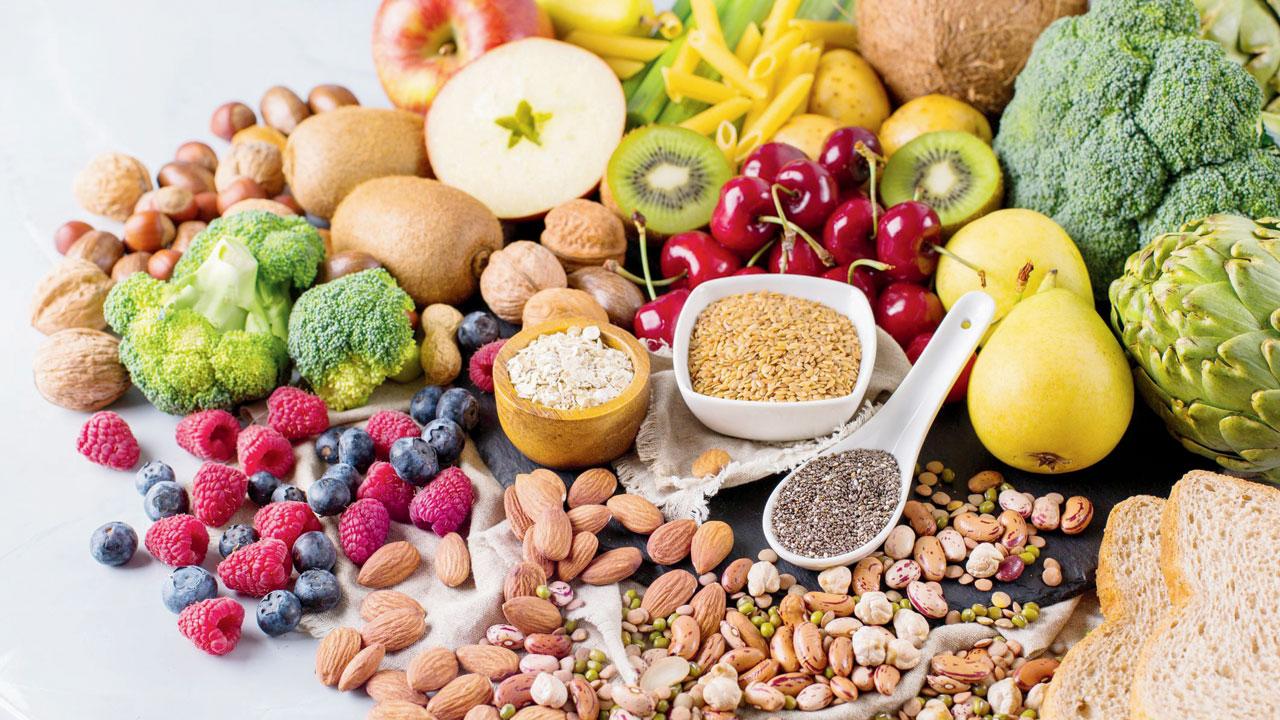After India continues to poorly stand at 126 in The World Happiness Report by United Nations’ Sustainable Development Solution Network, we ask experts to outline the problems and offer simple solutions to help us lead happier lives

Putting pressure of time limits for every life achievement negatively affects happiness. Representation pics
The city that never sleeps can have plenty of reasons to keep you awake, too. While the 126th ranking for India might not be surprising, it does leave us questioning things, looking for and ways to improve life, especially in our urban setup. Experts decode how despite the challenges of living in a city, there are ways to up our happiness quotient.
ADVERTISEMENT
>> Reward yourself
While we see a progressive change in metros, when it comes to mental health, Anastasia Dedhia Coutinho, clinical psychologist, therapist and founder of Mind Mantra, reveals that India has a long way to go. But prevalent behaviour or societal conditioning that she observes in individuals is unnecessarily setting time limits to every achievement. “We have been conditioned into believing that we should pass 10th grade at the age of 16, graduate at 21, get a job at a certain age, and marry at a certain age. And when we do not complete these goals on time, there is a feeling of loss.”

Anastasia D Coutinho
Coutinho suggests rewarding yourself even on completion of small goals, “You can order a pizza, but eat it only after you complete your task, for a sense of achievement.” The therapist suggests setting a sleep pattern as an essential part of monitoring happiness. “Stay away from gadgets for at least an hour before you sleep. Sleeping right after engaging in brain activities leads to poor quality of sleep, which may negatively affect your behaviour the next day,” she explains.
>> We are a family

A nurturing household is essential for happy and engaged children
Family is a person’s primary social circle. Family dynamics shape the views and perspective of individuals, asserts psychologist and family counsellor, Priya Parulekar. But she states that the nuclear or joint family systems do not necessarily affect happiness. “Parents are nurturers and providers. Joint families have more nurturers and providers. But if parents can easily divide the time between nurturing and providing in nuclear families, it balances family dynamics. The main concern should always be resolution of conflicts.”

Priya Parulekar
Parulekar suggests listing down ground rules that the whole family contributes to. “One of the rules is control over language. As we are our most honest selves with families, we take them for granted. No matter what our role in the family is, we should never raise our voice and mind our language. It transforms the family into a safe space to relax. Another rule is decisions on expenditure. Who pays the bill? Who buys what? It should be mutually agreed upon. Eating at least one meal together daily also helps.”
>> Navigating Mumbai

Nakshi S
Nakshi S, founder, In:ha Wellness, shares how to carve a better routine and space.
1 Create a routine to increase your personal happiness quotient. Locate a nearby park, visit outdoor locations, like Sanjay Gandhi National Park, engage in sports, practise yoga, meet friends, and spend quality time alone.

Create a routine of activities like visiting cultural and outdoor spaces such as Sanjay Gandhi National Park and Kanheri Caves. File pic
2 Move inwards to seek peace. Meditate for 15 minutes every morning to visualise your day and tasks; repeat it in the afternoon to feel energised, and in the evening
to unwind.
3 Set aside small budgets for redoing your space to give it a fresh look. You can create a wellness corner at home or at your desk. Control over your immediate environment gives you balance and peace.
>> Step-out stimulus

Museum and gallery-hopping are musts, but they require planning. A commute to SoBo, could use up an entire day. Architect Minaz Ansari, professor at Rizvi College of Architecture, highlights two factors in this routine — that an interaction with the arts has an impact on human consciousness and offers shared joyous experiences of the city. And Mumbai does not necessarily take into consideration the significance of art and culture in its built form. “If we look at its cultural mapping, physical spaces dedicated to art and culture are far and few, and are located on its southern tip,” she notes.
“Recreation and social life are moving away from activities that stimulate our senses and incite our curiosity,” Ansari adds, which can have a serious impact on children and youth. “With public spaces like parks, promenades, maidans and playgrounds, and local events that bring art to the masses, libraries, art spaces and museums, the city can emerge as a significant creative economy and a happy space for citizens.”
>> Work happy

Alex Emmanuel
There are various aspects that constitute a good job like remuneration, opportunities and commute. But Alex Emmanuel, founder-director of People Plus (India), a planning and leadership development and coaching platform, aptly narrows down on work culture and leadership as key factors that affect employee well-being. He explains, “The organisation’s work culture and the culture that leaders enable will determine whether an employee is happy or not. They need a culture that offers a sense of belonging, and is a safe creative space.” He advises employees to not compromise on their core values in
toxic workspaces.
Joy on my plate

>> Pumpkin seeds, chia seeds, almonds: magnesium-rich foods help reduce stress hormone cortisol.
>> Eggs, mushrooms, fatty fish: Vitamin D foods help reduce depression and regulates moods.
>> Oranges, mangoes, berries: Vitamin C-rich diet aids in synthesis of happiness neurotransmitters and dopamine and serotonin.
>> Walnuts and flaxseed: These maintain Omega-3 fatty acid levels that handle mood disorders.
>> Dark chocolate, blueberries, black olives, cloves: Such foods help reduce risks of depression and Alzheimer’s.

Carylene Remedios, dietician
Tune into happiness
>> Be h-APP-y with guided talks, meditation and a lot more on these apps.
Log on to: Exhale and Happyify on Play Store and App Store
>> Book a smile with reads like Gone with the Vindaloo by Vikram Nair and Confessions of a Listmaniac by Meenakshi Reddy Madhavan
>> Hum to a peppy playlist
Log on to: Happy Hits on Spotify and Feeling Happy on Apple Music
>> Listen good-vibes podcasts
Log on to: The New Happy,
The Atlantic How-to (build a happy life episode), and TED Talks Daily (The Robert Waldinger episode)
 Subscribe today by clicking the link and stay updated with the latest news!" Click here!
Subscribe today by clicking the link and stay updated with the latest news!" Click here!







